The Home Front
Fighting the First World War required mobilizing hundreds of thousands of troops from across the British Empire. However, the war was also supported by an equal number of citizens who worked in factories, bought Victory bonds, wrapped bandages, donated supplies, knit socks and wrote letters to loved ones overseas.
Sarnia Victory Bond Parade Photographs
Just a few days before the end the end of the war in 1918, Sarnia held a parade to rally Victory Bonds support. Major Fairbank led the parade. He was followed by a stream of floats, factory workers, farmerettes, Red Cross supporters and veterans.
Holland Paisley Photographic Collection, Sarnia Library Branch
Sarnia’s Women’s Conservation Committee
Established in 1916, Sarnia Women’s Conservation Committee mandate was to raise money for the war effort and the Red Cross by collecting and selling newspapers, magazines and rags. The group was very successful and raised $8,000 – a considerable sum for the time period. This letter outlines the history of the group during the war and their eventual transition to an art association. Early acquisitions made by the Association now form part of the Judith & Norman Alix Art Gallery's permanent collection.
Read more about this amazing group in our Shine: Spotlight on Women of Lambton Virtual Exhibit.
Farming at Home
Food production and agriculture were essential parts of Canada's war effort. Both Federal and Provincial governments encouraged farmers to maximize their crops. In the conscription debate of 1917, farmers pushed Prime Minister Robert Borden to acknowledge their important wartime work by exempting their sons from conscription. Borden's Union government, desperate for farmers' votes, initially complied, but ended the exemption in April 1918 in the face of casualties overseas and recruitment shortages at home. The labour shortage also led to government and private sector support for the employment of women, and some high school aged girls and boys, in agriculture.
Ontario’s Farm Service Corps was aimed mainly at women. The Corps’ "farmerettes" assisted in all aspects of farm work, replacing the labour of men lost to military service. The Young Women's Christian Association, or YWCA, also ran agricultural work camps, as did some charitable agencies. Rural women contributed extensively to farm work, as they had before the war, but now they often did so without their husbands, sons, or labourers to assist. Despite these challenges, it was this type of lonely, backbreaking labour that helped Canada to supply its Allies with war-winning material and food.
For more information about Farmerettes the book Onion Skins and Peach Fuzz: Memories of Ontario Farmerettes by Shirleyan English and Bonnie Sitter is available for purchase in the LHM gift shop.


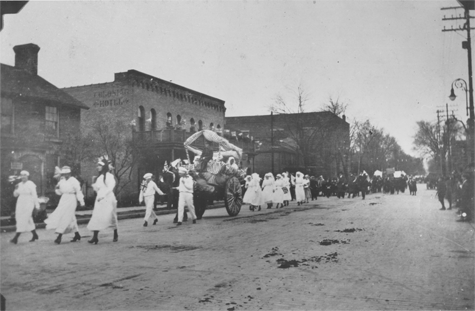
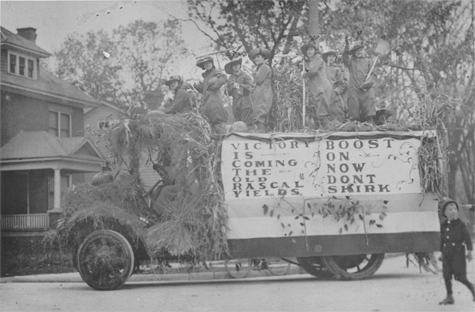
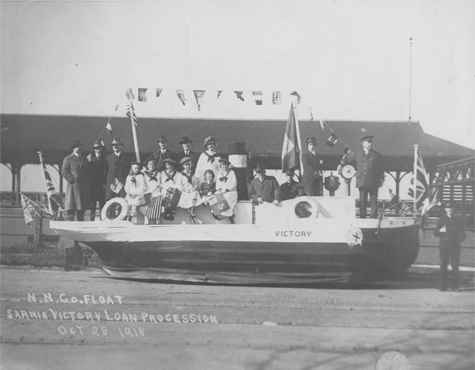
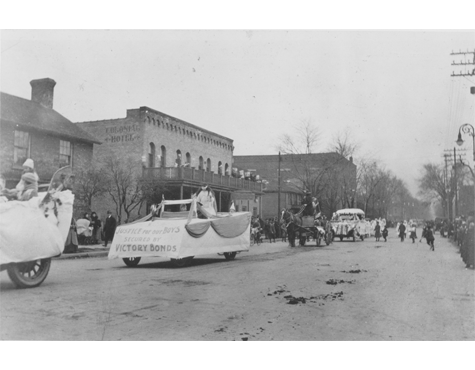
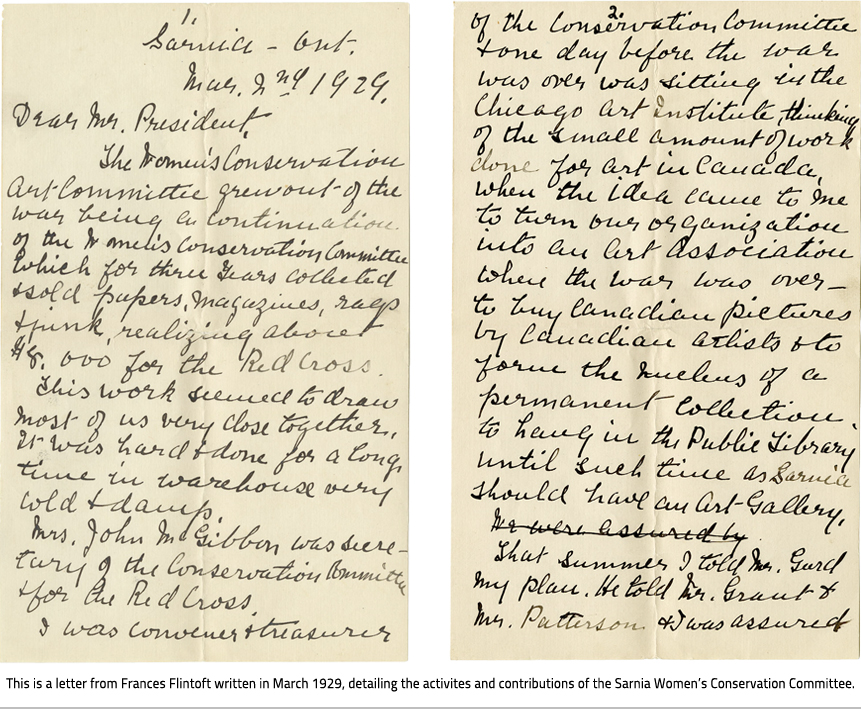
 Subscribe to this page
Subscribe to this page